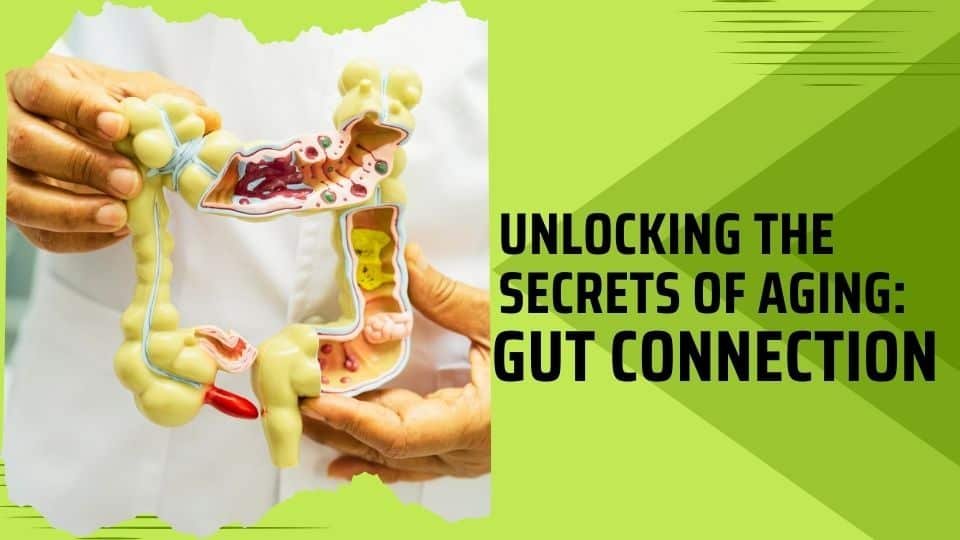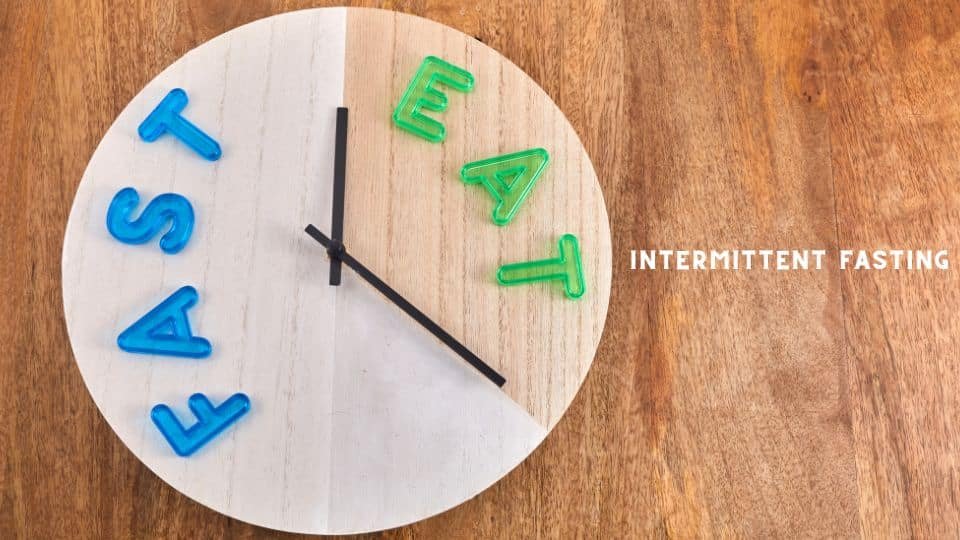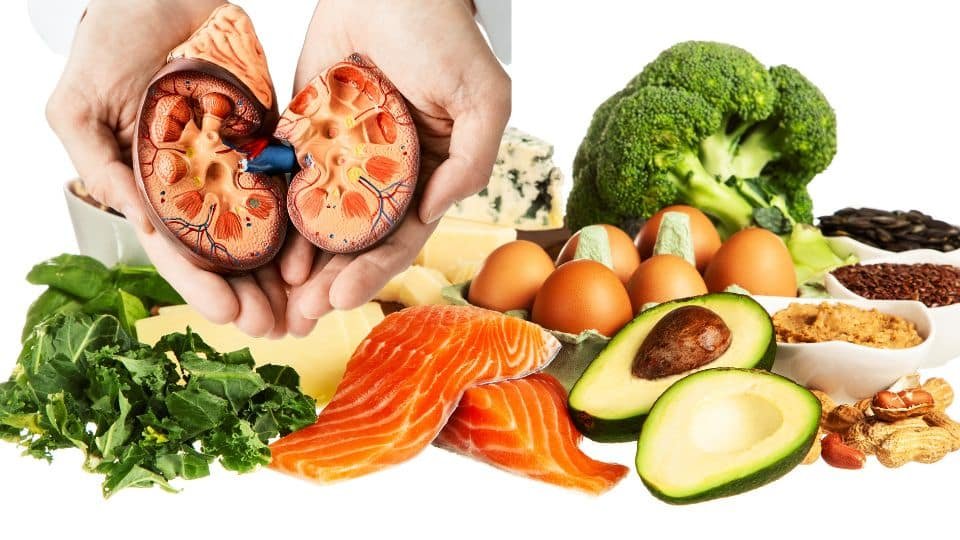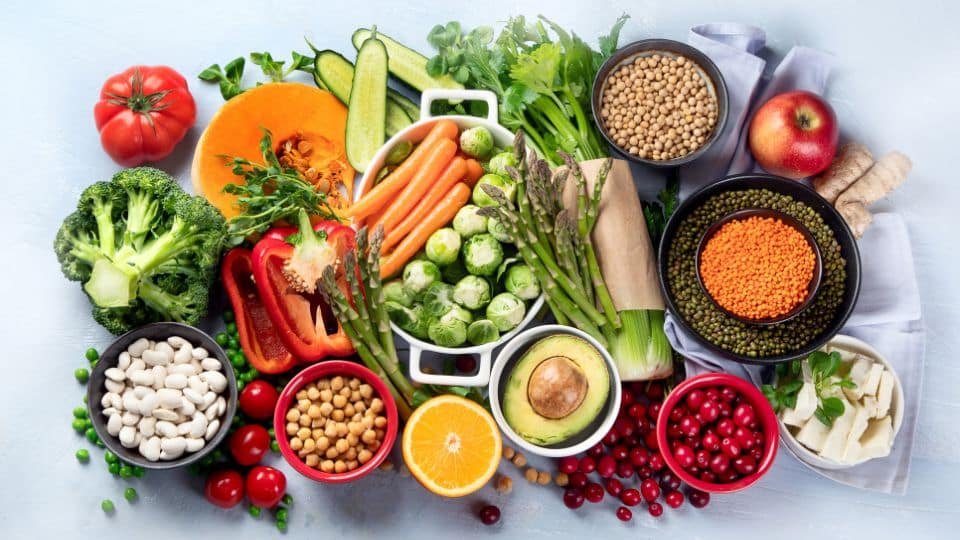Rewire Our Brain! Are you finding it challenging to resist the allure of tempting chocolate bars, crisps, and fries during your supermarket visits? The struggle might have a scientific explanation. Recent research, a collaboration between the Max Planck Institute for Metabolism Research and Yale University, sheds light on why we often gravitate towards unhealthy and fattening foods. Surprisingly, our brains play a pivotal role in shaping our food preferences, as the study reveals that foods high in fat and sugar have the ability to rewire our brains, intensifying our cravings for them. This phenomenon raises the question: How does this preference develop?
To investigate this hypothesis, researchers conducted an experiment, dividing volunteers into two groups. One group received a small pudding with high fat and sugar content, while the other group received a pudding with the same caloric value but with less fat. Over eight weeks, the researchers monitored the participants’ brain activity before and during the study. Astonishingly, the group consuming the high-fat and high-sugar pudding experienced a substantial increase in brain activity in response to these foods. Notably, the dopaminergic system, responsible for motivation and reward, was significantly activated. This suggests that our brains subconsciously learn to prefer these rewarding but unhealthy foods.
Remarkably, participants did not gain more weight or witness changes in their blood values during the study. Nevertheless, researchers believe that the brain’s preference for sugary foods may persist even after the study concludes. The study highlights that when we learn something, new neural connections form in the brain and do not easily dissolve. The good news is that understanding how our brain’s preferences develop empowers us to make positive changes.
You can also view this article: The Surprising Link Between Chronic Stress and Craving Comfort Food!
By consciously opting for healthier choices, we can gradually rewire our brains to prefer nutritious and wholesome foods. While it’s not an overnight process, dedication and consistency can help reshape our food preferences for the better. It’s crucial to recognize that our food preferences are not set in stone. So, the next time you find yourself in the supermarket, resisting the allure of high-fat and high-sugar treats, consider choosing fresh fruits, vegetables, and whole grains instead. Making healthier choices is an investment in your long-term well-being. Let’s take control of our food preferences and nourish our bodies with the fuel they truly deserve. “Choose more nutritious foods to rewire our brain” becomes a mantra for positive transformation.
Glossary:
- Metabolism: The chemical processes occurring within a living organism to maintain life, often associated with converting food into energy.
- Max Planck Institute for Metabolism Research: A research institution based in Germany focused on studying metabolism and related topics.
- Yale University: A prestigious Ivy League university located in the United States.
- Dopaminergic System: The neural system related to the release and reception of dopamine, a neurotransmitter associated with pleasure and reward.
- Neural Connections: The pathways formed between neurons in the brain that enable the transmission of signals.
- Rewire: To change or establish new neural connections in the brain, often referring to altering patterns of thought or behavior.
- Caloric Value: The amount of energy provided by a specific food or beverage, typically measured in calories.
- Neurotransmitter: A chemical substance that transmits nerve impulses between nerve cells.
- Brain Activity: The patterns of electrical or chemical activity in the brain.
- Subconscious Learning: The process of acquiring knowledge or preferences without conscious awareness.
- Well-being: The state of being comfortable, healthy, or happy.
Journal Reference:
Sharmili Edwin Thanarajah, Alexandra G. DiFeliceantonio, Kerstin Albus, Bojana Kuzmanovic, Lionel Rigoux, Sandra Iglesias, Ruth Hanßen, Marc Schlamann, Oliver A. Cornely, Jens C. Brüning, Marc Tittgemeyer, Dana M. Small. Habitual daily intake of a sweet and fatty snack modulates reward processing in humans. Cell Metabolism, 2023; https://doi.org/10.1016/j.cmet.2023.02.015



 By
By










